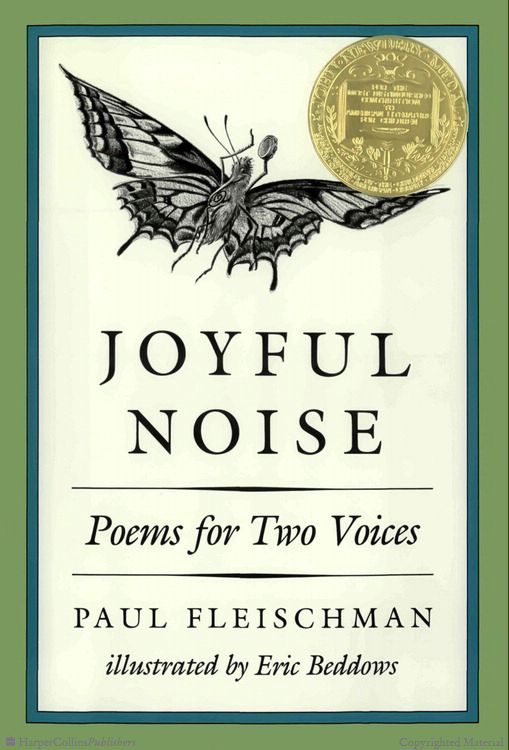What a Pest, Ramona
Ramona the Pest by Beverly Cleary, 1968.
A smiling adult voice narrates the story. This could be patronizing, but rather is understanding and warm. Ramona didn’t mean to be a pest, she wanted to be good. The narrator has tremendous insight into a child’s psyche, using everyday, even mundane experiences that might seem (to an adult) out of proportion, but are huge things in the life of a child.
Cleary uses tidy plotting and gradually escalating tension involving dynamics of relationships and the sheer bigness of the world to a little girl so that the reader truly sees it though a child’s eyes. Love and respect for this little pint-sized pest fills every page.
There was an eeriness in my own experience as a reader since I dimly recall reading this book at age 7 or 8, so throughout the whole was an odd sensation of déjà vu. I still recall chasing little Jonathan Van Dop around the playground with a worm, demanding he marry me.












In honor of a very special day, I thought I'd revive this old post about a book I found, um, intriguing, with some interesting asides...